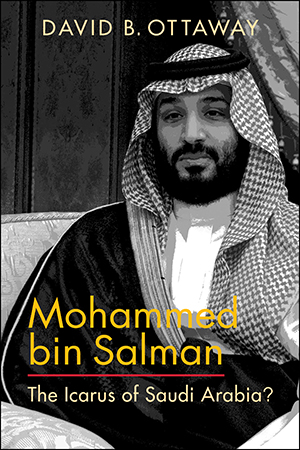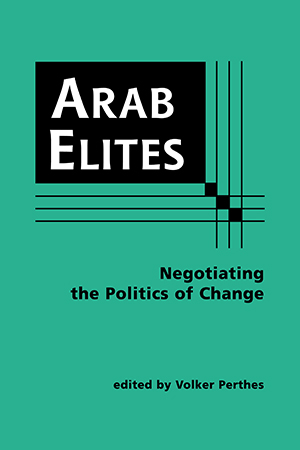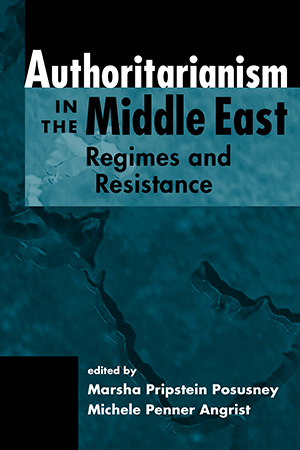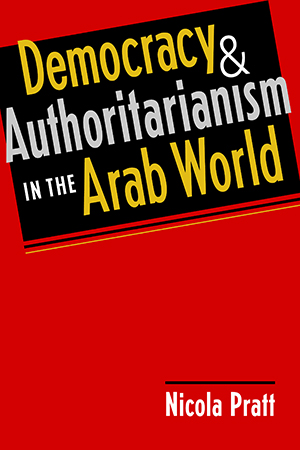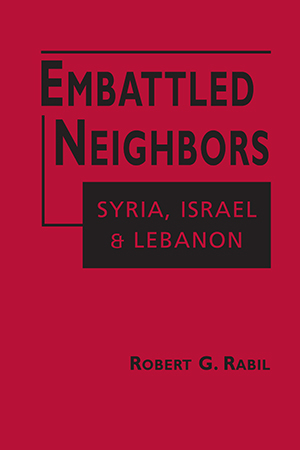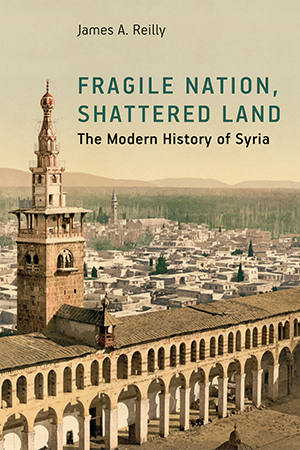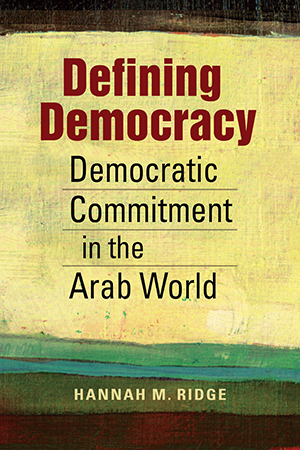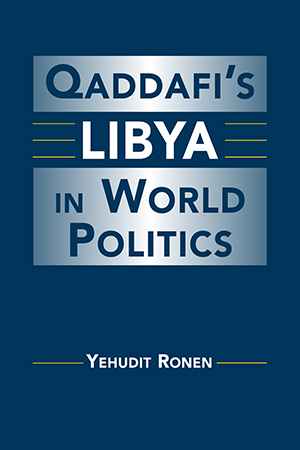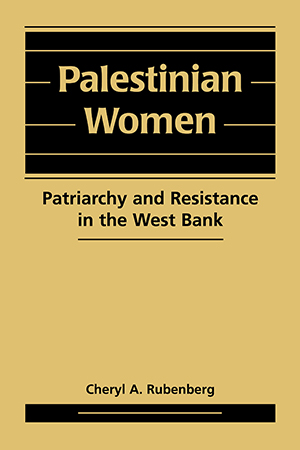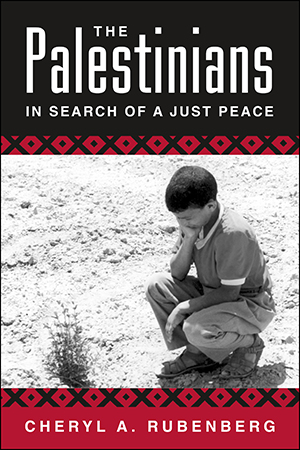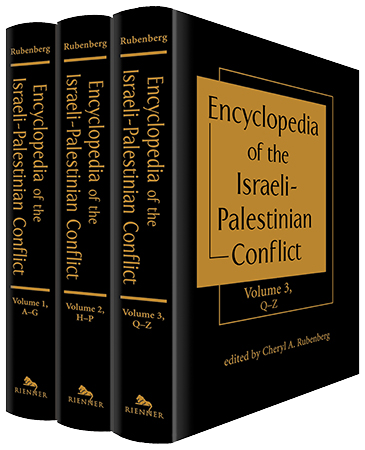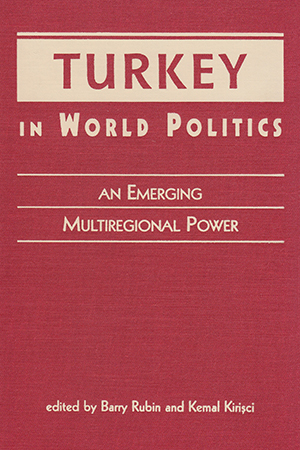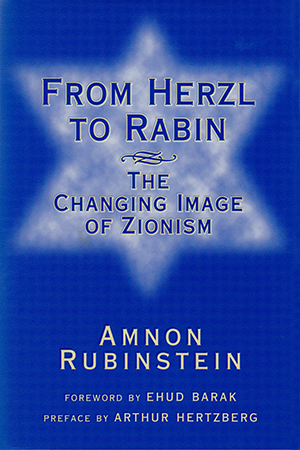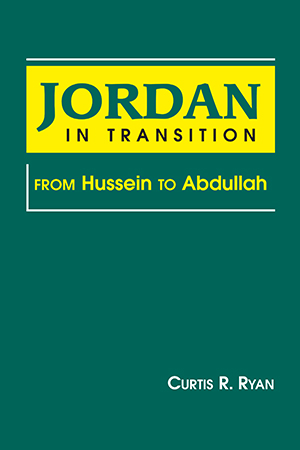Middle East
Mohammed bin Salman. A monarch-to-be without scruples? Or a visionary seeking a path to global power? A social reformer determined to bring his country into the twenty-first century? Or just More >
The recent deaths of four long-term heads of state in the Arab world heralded important changes, as political power passed from one generation to the next. Shedding light on these changes, More >
Why do authoritarian regimes prevail in the Middle East, while successful democratic transitions are occurring elsewhere in the developing world? Authoritarianism in the Middle East More >
What explains the enduring rule of authoritarian regimes in the Arab world? Nicola Pratt offers an innovative approach to this recurring question, shedding light on the failure of More >
Israel's ongoing dispute with Syria and Lebanon gravely undermines the potential for peace in the Middle East. Charting the course of this triangular relationship since 1948, Robert More >
How did the lands that are today Syria survive the vicissitudes of centuries of Ottoman, Egyptian, and French rule, only to stand in ruins today, shattered by a brutal civil war? To provide More >
The Middle East and North Africa comprise by all measures one of the least democratic regions in the world. At the same time, decades of research show robust support for democracy among MENA More >
What drives economic policymaking and performance in the Arab states? Paul Rivlin finds that domestic and international pressures have combined in the past decade to simultaneously foster More >
Libya's enigmatic Muammar Qaddafi demonstrated a perhaps unprecedented capacity for reinvention and survival, particularly in the realm of foreign policy. Yehudit Ronen traces More >
Cheryl Rubenberg's richly textured analysis provides a case study of the multifaceted and deleterious effects of patriarchy among Palestinians living in the rural villages and refugee More >
More than ten years after the Oslo Accords were heralded as the first step toward the resolution of a century of conflict, the Palestinians seem further from realizing their aspirations for More >
ForeWord Magazine's Reference Book of the Year! The three-volume Encyclopedia of the Israeli-Palestinian Conflict is the first authoritative reference source to provide comprehensive, More >
Once characterized by an avoidance of foreign entanglements, Turkey's diplomacy has changed dramatically in the present era of regional agreements and organizations. Tracing the More >
Amnon Rubinstein traces the history of the Israeli state, and of Zionism, moving deftly between the roles of objective historian and persuasive politician. More >
Jordan in Transition offers a cogent and compelling analysis of the country's domestic and international politics. Ryan argues that there have been four dramatic transitions in More >



